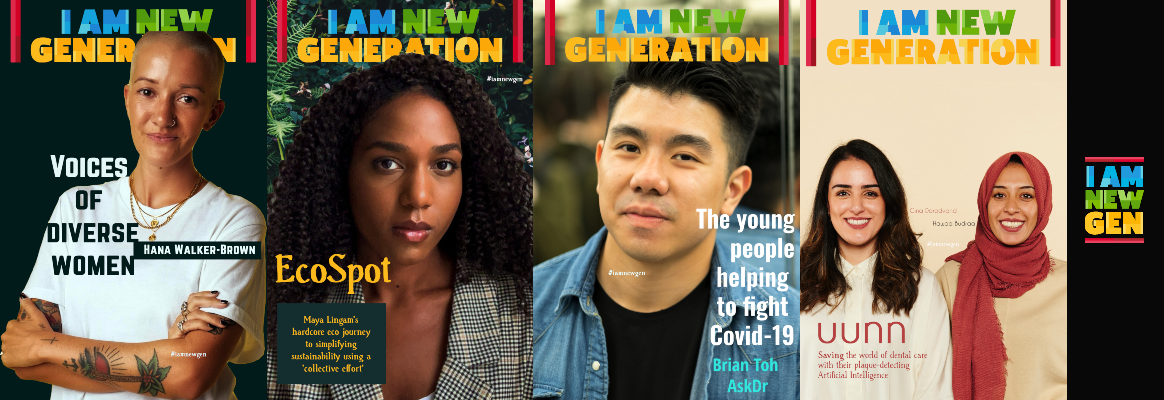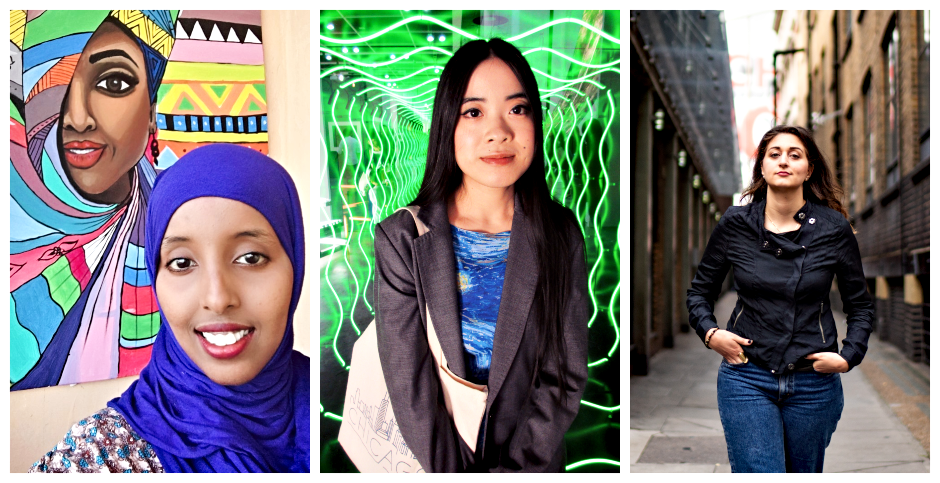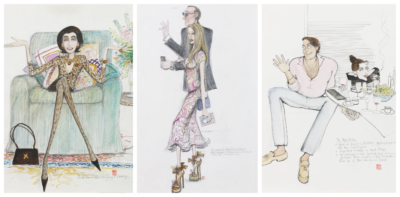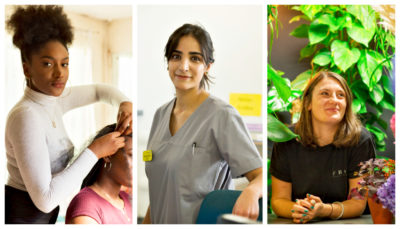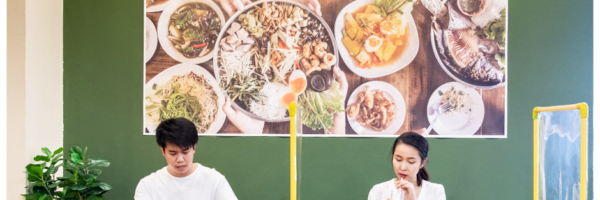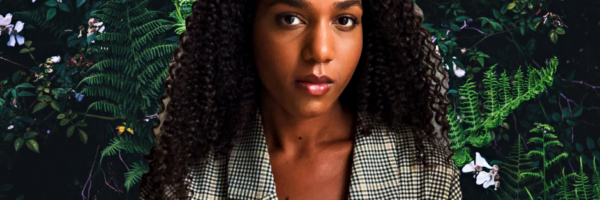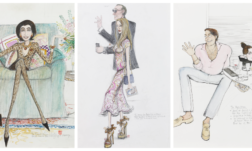The coronavirus pandemic has turned many industries upside down in a matter of weeks – and the arts sector is no exception.
As insiders warn that the arts and cultural sectors are at risk of collapse without support, many workers have begun moving their businesses online.
In addition to using video platforms such as Zoom and Houseparty to connect with audiences, these workers are also using their own websites, blogs and social media accounts in increasingly inventive ways.
Astra Papachristodoulou, a London-based poet and curator, has adapted well to the new cultural landscape.
Her experimental poetry platform Poem Atlas had two exhibitions scheduled to take place in the summer, both of which have been cancelled due to the pandemic.
She explains: “One of the main reasons that led me to set up Poem Atlas is the fact that there aren’t many platforms in the UK that focus on the lesser-known form of object poetry.
“Poem Atlas is one of the only platforms in the UK whose focus lies on curating visual poetry exhibitions, both physical and online.
“We recently curated physical exhibitions of visual poetry at the Westminster reference library and the Poetry Society’s cafe in Covent Garden.”
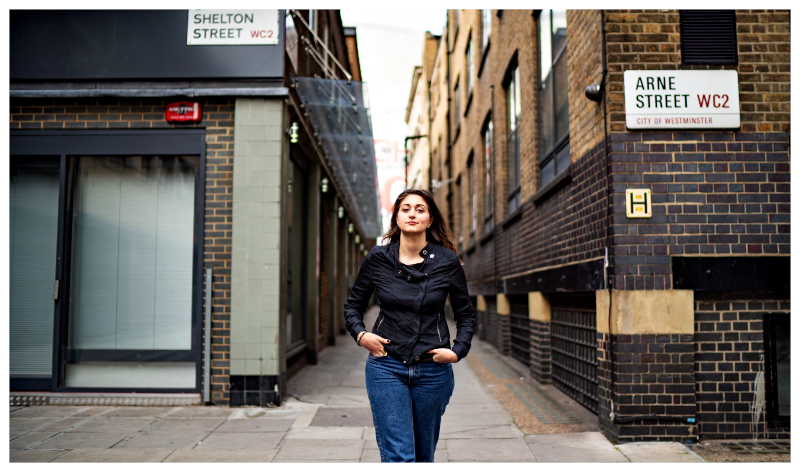
Poem Atlas started its online exhibition model, which she says is the first of its kind in visual poetry, last December but decided to schedule more online exhibitions during the pandemic to send positive messages to poetry fans at a difficult time.
One, which ran from May 15 to June 5, featured work from several visual poets on the theme of escapism.
“The reception to Escapisms has been phenomenal,” says Papachristodoulou.
“Our website visits reached 500 on the day of the launch alone, which is a first for us, and we received tons of positive messages on social media and support from the visual poetry community.
“Also… we’ve had a remarkable increase of followers on Twitter, which is amazing.”
Papachristodoulou hopes to continue organising both physical and online exhibitions, as well as introducing visual and object poetry to wider audiences.
Across the pond in Chicago, Jenny Lam, an artist, independent curator and writer, has also been reckoning with the huge fallout from the pandemic.
She says: “I’ve always been an artist. I’ve been drawing ever since I could hold a pen in my hand. I attended Columbia University in New York and ran its undergraduate art gallery, Postcrypt.
“I became interested in curating as well, in putting together shows filled with other artists’ work. After graduation, I moved back to Chicago, where I founded Artists on the Lam, and have been independently curating shows throughout the city.”
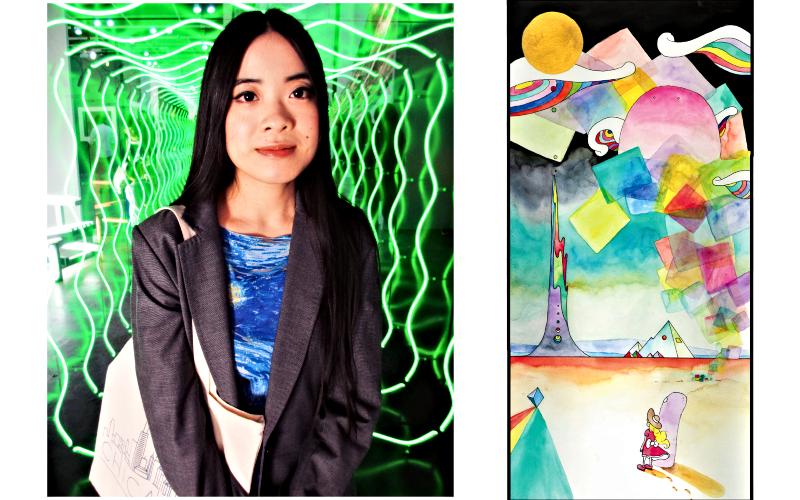
The most notable disruption to Lam’s work is the postponement of her exhibition SLAYSIAN, which was set to open on March 20 and celebrates local Asian-American artists.
“[It was] something I’d never done before and something I hadn’t seen before either. I’d always been proud of who I am but in all my years of curating, I’d never created a show that incorporated that, even though I’d wanted to for a long time.”
Lam says the reception to SLAYSIAN has been overwhelmingly positive, both for the artwork and its broader concept and mission.
“I do feel like I’ve gained a new online audience, or at least one that’s a little bigger than before, which feels bittersweet in this time,” she explains.
“Being an independent curator, however, and being one who has a passion for interaction, bringing people together through art… my mission is all social.
“And there’s nothing quite like experiencing an art show in person with a bunch of other people from all walks of life, all having fun together. So that’s something I might need to rethink.
“That said, thank goodness we live in a digital age where we can even have an alternative.”
Social media has been an important collaborative tool for creatives during the pandemic. This is certainly true for Nujuum Hashi, a painter and photographer based in Somalia’s capital, Mogadishu.
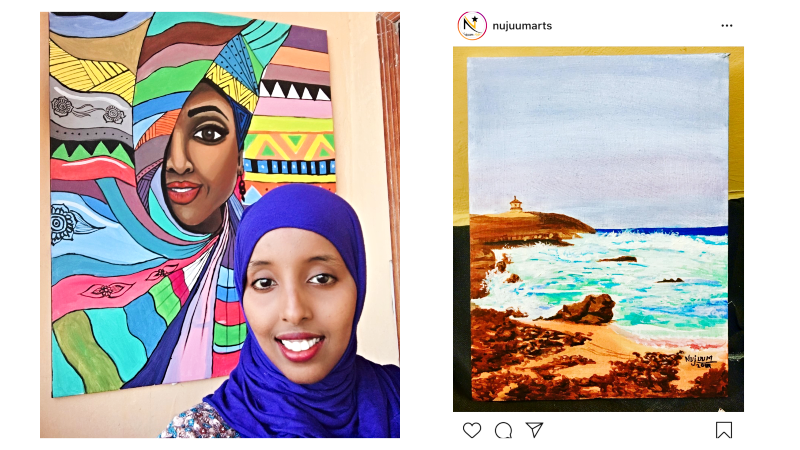
Although Hashi has been showcasing her work on social media for years, she’s gained a bigger during the lockdown.
Capitalising on the popularity of Instagram Live events over the past few months, she has been teaching art on the platform.
Hashi, who is also an experienced nurse, loves to capture the daily realities of Somalian life in her vibrant paintings and photographs.
Still, her passion took a back seat for many years, since she relied on her nursing career to help support her family.
“It was only in 2015 that I could continue my hobby of making art again,” she says.
“I started doing some artworks and sharing them on Facebook with my friends. I found that people really liked them so I made many more pieces.”
Now her work, coupled with the online art lessons, is putting Somalia’s rich culture in the spotlight.
“I trust that art can shows our experiences and history as Somali people. I can leave [this legacy] for my country,” she says.
“I believe art is something that every country, every community and every culture needs. I am doing this for my country so that people will know that our art is very important, and that [future generations] will know that we took part and did our best to show the world that we create beautiful art.”
As the work of these three remarkable women shows, there is still a huge appetitive for inventive and boundary-pushing art – even in the bleakest of times.
Written By: Tola Onanuga – a freelance journalist and editor covering a range of topics including technology and race issues – @Tola_o
Images Copyright – Christopher Andreou / Jenny Lam / Eddie Yeung / Nujuum Hashi / I Am New Generation Magazine.
More Stories
